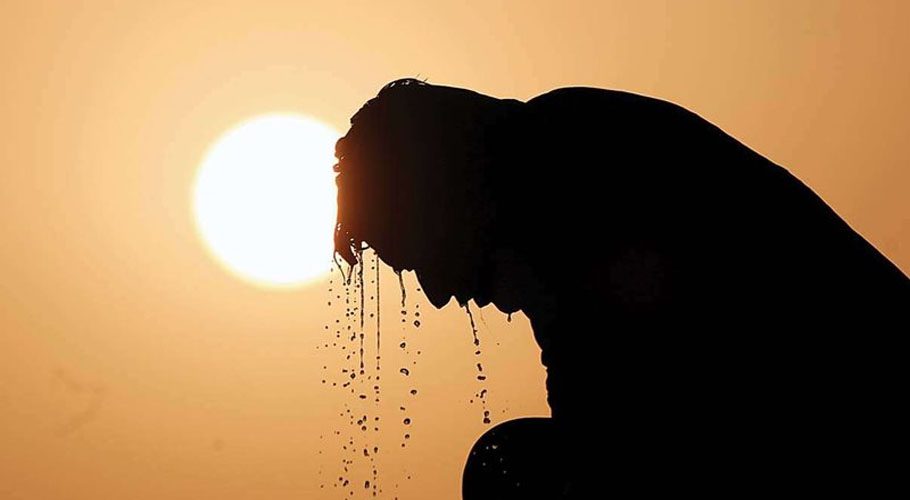A new international study is challenging traditional romantic stereotypes, revealing that men are more likely to fall in love sooner—and slightly more frequently—than women.
Conducted by researchers at The Australian National University and published in the journal Biology of Sex Differences, the study is the first of its kind to examine how biological sex influences the experience and progression of romantic love using a large, cross-cultural sample.
Lead author Adam Bode and his team analyzed data from over 800 young adults who described themselves as “currently in love.” These participants, hailing from 33 countries across Europe, North America, and South Africa, provided insights into when they fell in love, how deeply they felt it, how often they thought about their partner, and how committed they were. The data came from the 2022 Romantic Love Survey, the world’s largest dataset on people actively experiencing romantic love.
The results showed that men tend to fall in love approximately a month earlier than women, with around 30% of men reporting they had fallen in love before their relationship was official, compared to 20% of women. Interestingly, while men might fall first, women were found to experience love more intensely and think about their partner more frequently. Bode suggested that the earlier emotional investment by men may stem from the pressure to demonstrate commitment early in a relationship.
The study also revealed how external factors, such as cultural norms and gender inequality, influence romantic behaviors. People in countries with higher gender inequality were less likely to fall in love, less committed in relationships, and generally less emotionally invested in their partners. These findings highlight how societal context can shape deeply personal emotions like love.
According to Bode, romantic love remains vastly under-researched despite its profound impact on individual lives, family formation, and broader cultural patterns. “We want to help people understand it,” he said, stressing the universal importance of better understanding how love functions between men and women.
So while poets and pop songs might still paint women as the emotional frontrunners in love, science now says it’s often the men who take the first emotional plunge.





































